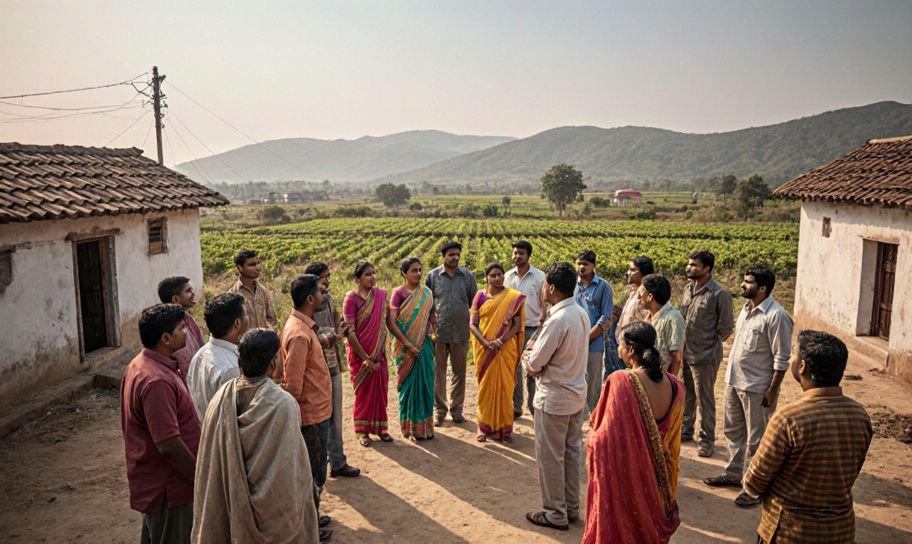
The Bombay High Court looked into a series of complaints about how voting areas were set up in Maharashtra. The court, led by Judges Manish Pitale and Y.G. Khobragade, decided not to change the final decisions about these voting areas, stressing the importance of holding elections on time.
Several complaints were filed about the final decision on how voting areas were set up in Maharashtra. These complaints were related to local elections and raised issues about why certain villages were included or left out of voting areas.
The court explained that it has limited power under Article 226 of the Indian Constitution. It mentioned that the court's ability to get involved in election-related issues is restricted, especially when it comes to setting up voting areas, according to Articles 243-O and 243-ZG.
"We understand that if we interfere too easily in such matters, it would mess up the entire election process."
The Supreme Court had previously instructed that local elections be held within four months, highlighting the need for timely elections to keep democracy working properly.
People who filed complaints argued that the way voting areas were set up was unfair and influenced by politics. They believed that changes in boundaries were made to help certain political groups, making it difficult for voters.
Complaint 10237 of 2025: Akshay Appa Rakhv was unhappy with the voting areas in Taluka - Kalamnuri, District - Hingoli, claiming that the authorities made unfair decisions.
Complaint 10408 of 2025: There were concerns about including village Anjankhed in the Wanola voting area, suggesting it was done to benefit political interests.
The court looked into the concerns and the process followed by the authorities. It found that the authorities followed the rules set in the Government Order dated 12.06.2025, which included keeping population balance and considering natural boundaries.
"The people who filed complaints have not shown any unfairness or bad intentions by the authorities."
The court found no strong evidence of unfairness or bad intentions in the way voting areas were set up. It stressed that the election process should not be delayed and rejected the complaints, allowing the elections to go ahead as planned.
The court decided not to interfere with the setup of voting areas, emphasizing the need for elections to happen on time unless there is clear proof of wrongdoing.